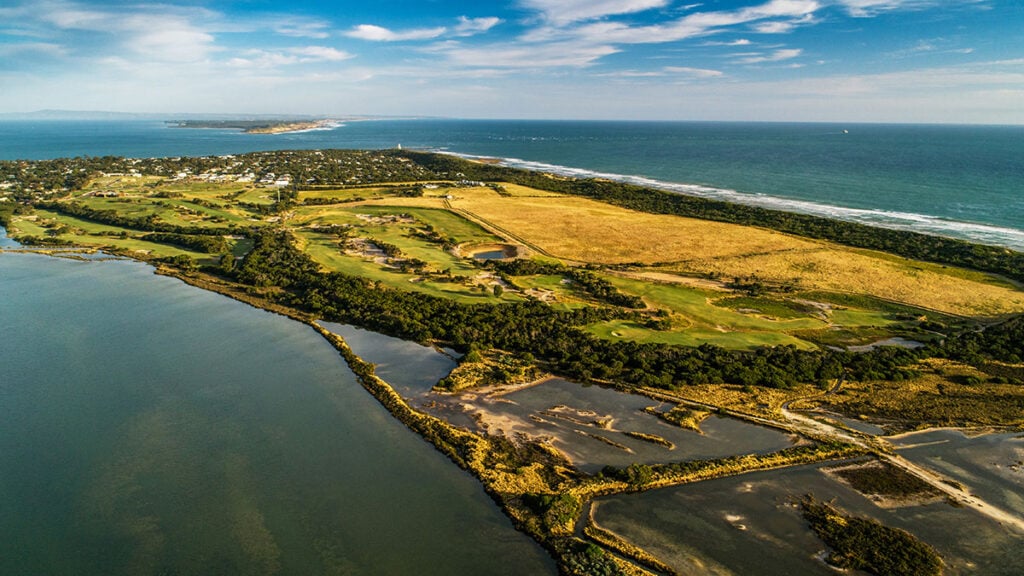By BRIAN WACKER
Two years ago, the US PGA Tour handed out its first slow-play penalty in more than 20 years when it docked Miguel Angel Carballo and Brian Campbell a stroke during team play at the Zurich Classic of New Orleans. Will it take another two decades for the next one to be issued? Not if one of the game’s biggest names had his way.
Adam Scott said he recently told the tour’s chief of tournaments and competitions Andy Pazder that he’d be willing to take a penalty in order to get guys to speed up, the theory being that the tour would show that it was serious about pace of play and enforcing a penalty that is rarely enforced.
“Make me the victim,” the 2013 Masters champion and 13-time PGA Tour winner said. “I’ll take the penalty. The only way it’s going to work is if you enforce it.”
Pace of play isn’t a new problem. It has been talked about for years, though it is rarely enforced.
RELATED: Isn’t it finally time pro golf fixes its slow-play problem?
Part of the reason why, says Scott, is because there aren’t any financial ramifications to how slow players are.
“There’s a big media fuss, a big feeling [among fans] that we play slow, and we do, but the tour is an entertainment business and a big money-maker for a lot of people,” the 38-year-old said. “Until sponsors and TV tell the commissioner you guys play too slow and we’re not putting money up, it’s a waste of time talking about because it’s not going to change.”
Still, it’s a topic that likely isn’t going away, either.
This week it was announced that beginning next year the Genesis Open will receive invitational status with a three-year exemption given to the winner, increased prizemoney and the field cut from 144 this year to 120 next.
Daylight wasn’t the reason the tournament was given elevated status, but doing so and reducing the field size will certainly help an event that has often run into problems finishing rounds on time at a time of year when sunset is just after 5:30pm, local time.
RELATED: Yes, you can beat slow play
There are other factors that play a role as well, Scott said.
“Out here [on tour] the severity of courses is off the charts,” he said. “And then take a place like Torrey Pines, where you have to walk back 100 yards to get to every tee box. You can start adding up easy minutes. There are lots of factors. If you keep lengthening golf courses it’s going to take longer.”
And it’s going to remain a topic until players are docked strokes. Credit to Scott for being willing to take on the stroke to make a point. Not that he thinks anything will change.
“We’ve seen too many years, too much complaining about it,” he said. “And zero action about it.”




